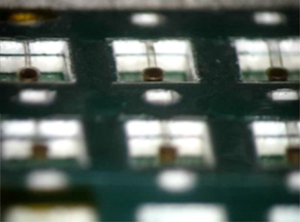Integra Devices is partnering with the National Science Foundation (NSF) to create a family of small dynamic energy harvesters that can power wireless sensors without batteries. This technology, which leverages Integra’s patented paradigm for manufacturing electromechanical devices, will enable zero power, autonomous sensing for remote Internet of Things (IoT) applications.
Integra’s miniature energy harvesters can convert ambient heat, water flow, wind and movement (vibration) into continuous electrical power suitable for use in remote autonomous sensing applications. Integra’s dynamic energy harvesting technology is scalable, enabling a range of sizes and power configurations. As an OEM solution, Integra’s energy harvesting units can be integrated within the package of third party sensor units or provided as a stand-alone power hub. For ultra-small sensor applications, the energy transducers can be embedded directly within printed circuit boards to save space for other electronics.
“The National Science Foundation supports small businesses with the most innovative,cutting-edge ideas that have the potential to become great commercial successes and make huge societal impacts,” said Barry Johnson, director of the NSF’s Division of Industrial Innovation and Partnerships. “We hope that this seed funding will spark solutions to some of the most important challenges of our time across all areas of science and technology.”
“Threat detection in military scenarios, structural health monitoring of built infrastructure, environmental condition monitoring for agriculture, water quality and air quality control are just a few of the applications requiring autonomous, zero-power sensors”, states Mark Bachman, CTO of Integra Devices. “Integra looks to become a leading enabler for autonomous sensor solutions for IoT and next generation remote monitoring applications.”

